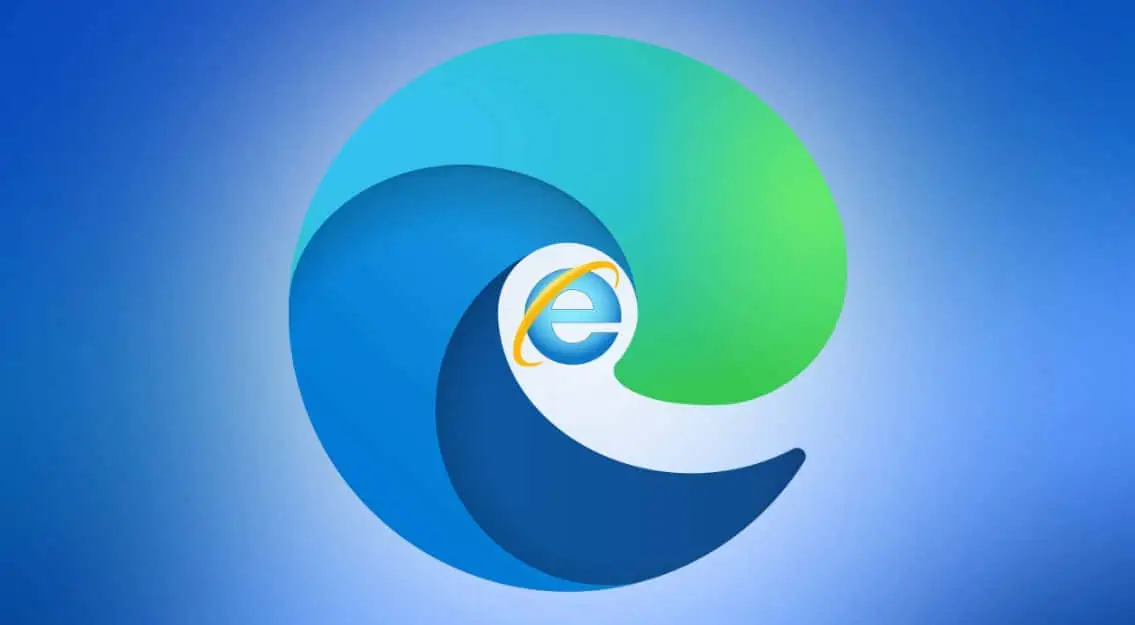Microsoft Edge for IE mode offers two new enhancements

With the impending retirement of the Internet Explorer on June 15, 2022, the company introduced two more enhancements to Microsoft Edge for IE Mode for better productivity. These improvements were introduced in direct response to the customers’ feedback.
As the end of support for IE looms near, IE Mode, which is built in Microsoft Edge, has been promoted to help organizations transition gradually. With IE Mode, users could access the legacy IE-based websites and apps while enjoying a more modern browsing experience. However, with less than three months before IE’s retirement, IE mode is still seeing improvements. These include the restoration of IE COM object calls and implementation of bidirectional cookie sharing.
Restoring the IE COM objects to their original functionality has been prioritized and is now being widely deployed. E COM objects are essential pieces to the functionality of many apps and workflows. With IE or a combination of Microsoft Edge with IE Mode, these scenarios run as expected. However, such scenarios broke when the IE browser stand-alone was disabled. after
Developers raised the issue, and an enhancement on IE Mode was introduced and deployed. Hence, the original functionality of IE COM objects had been restored for users of the latest Windows 11 and Windows 10 updates. This will continue to work even after the IE 11 desktop app is disabled.
Another significant enhancement in IE mode, especially for organizations on their modernization journeys, is the bidirectional cookie sharing between modern and legacy engines. IE Mode in Microsoft Edge extends the use of legacy apps even after IE retirement. The ability to access legacy and modern sites in a single browser should help organizations in their modernization efforts.
Formerly, cookies in IE Mode only permitted sharing of session information from sites using modern engines to sites on legacy engines. It does not allow a reverse. This poses a problem to organizations planning to modernize. Recognizing the importance of sharing the right data between sites in workflows that involve modern and legacy sites, SSO scenarios to share credentials between sites and engines have been unlocked. Now, users can manually set cookies for bidirectional sharing of session information from modern to legacy and legacy to modern sites.
Further, manual control for cookie sharing was incorporated into the Cloud Site List Management experience in Microsoft 365 admin center. This permits users to identify specific sites in their cloud-hosted sites to allow cookies sharing as necessary.
Read our disclosure page to find out how can you help MSPoweruser sustain the editorial team Read more




User forum
0 messages